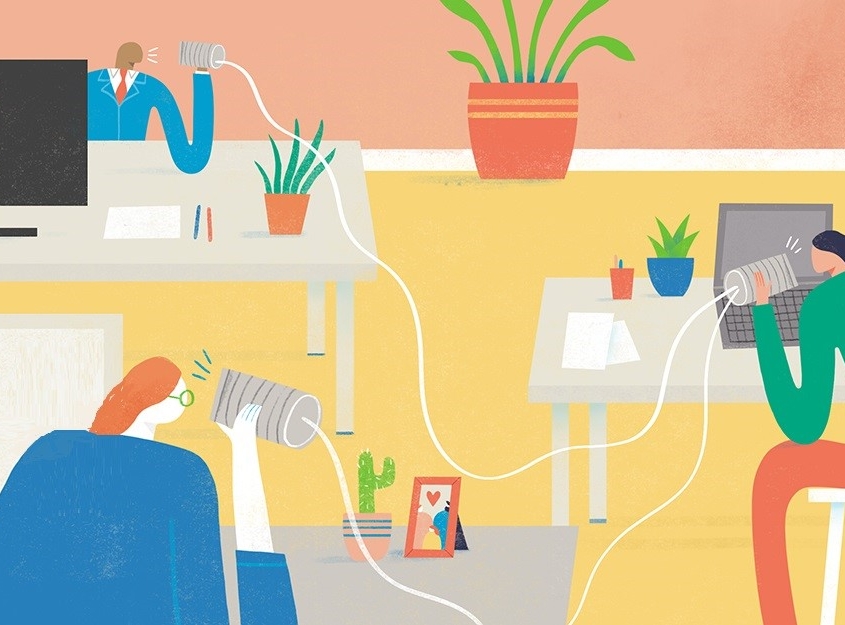just been diagnosed with cancer!

Being diagnosed with cancer is always a shock. however roughly one third of Iranians experience this shock at some point in their lives; and now, many of them are cured from cancer or live with it for many years.
Now it is important to know what comes next and what you can do.
Let your emotions come through.
Let your emotion be expressed as they would naturally. Do not suppress yourself. It is totally normal to be sad, overwhelmed, disappointed and angry at the time of diagnosis. So do whatever that makes you feel better, like crying, screaming, talking to a loved one or anything else. It takes some time for your sense of hope and confidence to get better. Going through the cancer treatment will cause many of these bad feelings to lessen or disappear.
To deal with these emotional challenges, the following activities may help.
· Pray, read the bible and Quran or simply talk to God.
· Practice yoga and meditation.
· Do any form of art like drawing, playing (and listening) music, reading poems and swing.
· Keep in touch with your friends and family and share your emotions with them.
· Writing (either your diary, your feelings, for a local newspaper, or even in your social media.)
· Have some sort of physical activity when possible.
As well, you can visit MACSA to find support from social work, psychology and psychiatry services.
Seek help and support.

It is a primary task to find a support network for yourself. Your support network should include your health care team and the social workers, who will help you to retain and regain your physical, emotional and social wellbeing. Moreover, your family members, a group of trusted friends, or a kind neighbor or colleague will comprise the rest of it. Do not hesitate to ask for help and remember that many of these people are already looking for a way to help you, and will be happy to know what you need.
If your negative emotions, like sadness, depression and feeling lonely, increased with time, talk to your health care provider, ask for a reference to a psychology professional and see a counselor. You can also visit MACSA to get a professional care with counselors specialized in psycho-oncology.
Get to know the details of your diagnosis and the treatment options.
This can be achieved primarily by asking your doctor. the details of disease may include the name of the cancer, the size and extent to which the tumor has grown, its aggressiveness, the location that the tumor has first emerged and where it has spread.
Ask your doctor about the available treatment options, their success rates and possible side effects. When you got sure about the details of the disease, it would be possible to get more information through the internet. only follow the validated data. social networks and sale websites are not reliable sources of information.
Do not dwell on statistics. Having cancer and being treated for it, is a very personal experience that varies for each person.
Make an informed decision.

Ask your doctor if there are various options to choose from. Do not rush to begin your treatment. Find the right cancer specialist who is well experienced and most successful with your kind of cancer. As well make sure that the physician you have chosen spends enough time to listen to you and address your concerns, and participates yourself in your care.
It is often reasonable to seek a second opinion. But do not dawdle to see numerous doctors specially if the first two say the same thing. If something does not seem right or contrary to your wishes, advocate yourself and ask for clear information.
Take someone with you to appointments.
At each appointment, you can be exposed with a lot of information and instructions. Thus, take someone you like with you to the appointments and care sessions to ask questions, take notes, advocate you and prevents you of feeling lonely.
Stay socially connected.

to beat cancer, you have to remain strong. So, you need to maintain your mental and emotional health by retaining and developing your social connections. However sometimes the family and friends are overwhelming you with their questions and improper efforts, they are always a good source of support as they love you. Just be clear to them and tell them your expectations and needs as well as how important and helpful they are to you.
If you have problem communicating with your health care team and/or your family and friends, you may need help from a social worker or anybody who can carry the role of a mediator. MACSA social workers can facilitate your social connections.
Never give up making new connections; especially with those who have experienced or are going through the same issue as yours. Group therapy and support groups allow for a safe communication between the patients with similar situations, under the supervision of a psychologist,. MACSA support groups are held routinely to provide this service to the cancer patients. likewise, MACSA trips provide you the opportunity to meet peers of you and share your experiences and insights.
Eat well, Exercise and Meditate.

Becoming seek, means you need more strength, both physically and mentally. Eating well and staying physically active, helps your body fight cancer and better cope with the treatment. Do not obligate yourself with a routine exercise plan. Do it just whenever possible as much as you are comfortable with. As well, for a nutrition advice, you can come to MACSA and visit our dietitians.
Meditation in various ways like praying, yoga, reading Quran, or anything else, may reduce the emotional pressure on you. You may also want to talk to a clergy or spiritual counsellor, to receive religious and spiritual advice. You can meet MACSA spiritual care department for this purpose. As well an emotional support both from your loved ones and the psychology professionals (who can be found in MACSA) will improve your mental health.
